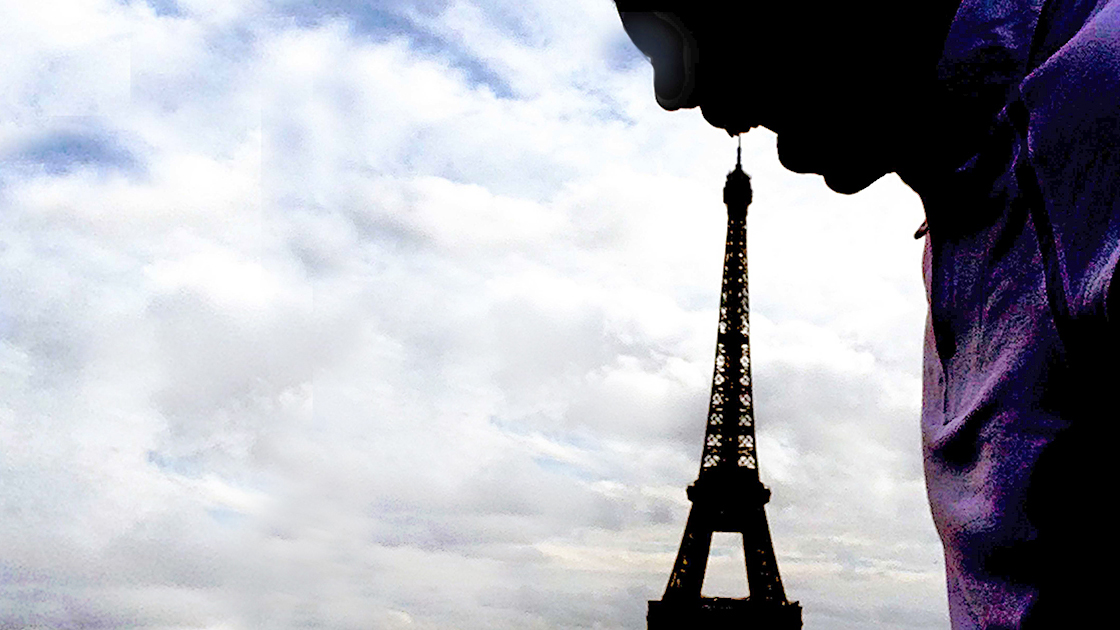The Ateneo de Davao University (ADDU) introduced the 20-member Rocketry Team to the media today. “This team of Aerospace Engineering students and faculty members has made history as the first representative from the Philippines to be eligible to compete at the prestigious Spaceport America Cup 2024 - Intercollegiate Rocket Engineering Competition,” ADDU President Karel S. San Juan, SJ said.
The Spaceport America Cup 2024, which will take place from June 17 to 22, 2024 in New Mexico, USA, is the largest intercollegiate rocket engineering competition in the world. “It brings together the brightest minds from universities across the globe to design, build, and launch their own rockets,” San Juan added.
Rockets bring satellites into space. We use satellites to broadcast news, access the internet, navigate using GPS, take images from space, and see weather forecasts.
Our own Philippine satellites can help monitor the health of crops and optimize fertilizer use; keep track of the concentration of greenhouse gases in the atmosphere; observe ocean behavior, specifically sea surface temperatures; help fishers catch more fish from information on school movement; improve fishers’ safety; and enhance capabilities to stop illegal fishing.
Satellites can also help us monitor typhoons and other extreme weather events. Dr. Rogel Mari Sese said that we can be better prepared for emergency situations when we have information at our fingertips. Sese is the chair of the ADDU Aerospace Department and the faculty lead of the team.
The team presented their rocket to the media. Nicknamed SIBOL (growth in Filipino), the high-powered rocket is capable of carrying an 8.8-pound payload to an altitude of 10,000 feet, according to team lead Franz Carlo Guevara, Aerospace Engineering 4 student.
The Ateneo Rocketry Team will be representing the Philippines, joining approximately 1,700 students from 200 universities from 20 countries.
The Rocketry Team is a vital part of ADDU’s larger Rocket Development Program, known as Project Sugod. "Sugod" means moving forward, and it reflects ADDU’s mission to advance aerospace engineering in the Philippines.
“Through this initiative, we aim to not just compete in future Spaceport America Cup competitions, but also inspire and nurture a new generation of Filipino engineers and scientists, positioning our country as a burgeoning hub for aerospace innovation,” San Juan declared.
Corporations, organizations, and individuals are invited to become sponsors of the ADDU Rocketry Team. Sponsorship benefits include brand visibility on a global platform, association with cutting-edge technology and innovation, and the opportunity to support the development of future leaders in aerospace engineering.
Thus far, major sponsors include Philippine Airlines and the City Government of Davao, among others.
“We are open to partnerships with those who wish to invest in the future of aerospace engineering in the Philippines,” Lilibeth Leh-Arcena said. Leh-Arcena is ADDU’s Assistant to the President for Advancement.
The Philippine team and SIBOL the rocket are flying to the US on Thursday, 13 June 2024, for the competition. The team seeks everyone’s support as the team showcases the potential of Philippine aerospace engineering to the world.
Watch the Livestream Here
(PR)
















